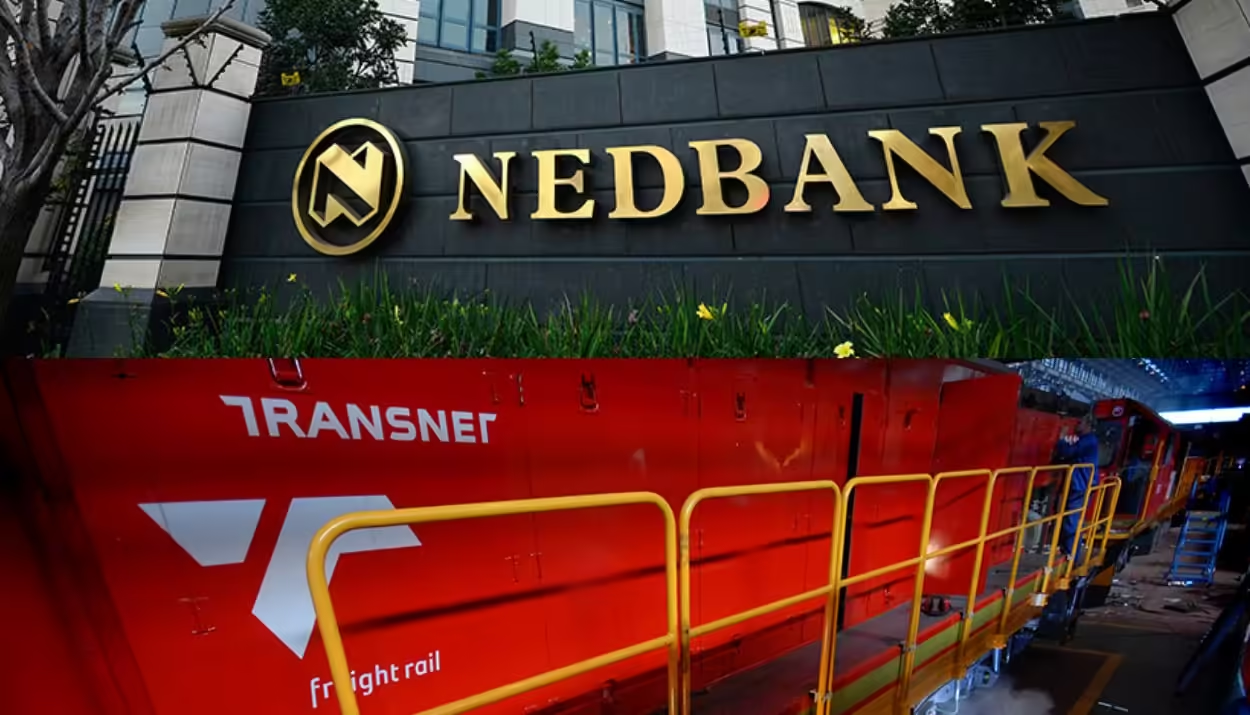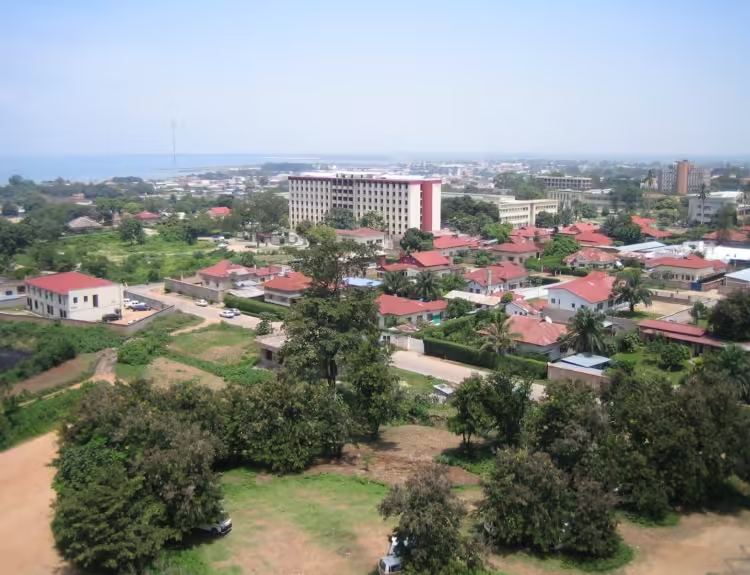South African financial services group Nedbank has found itself embroiled in a high-stakes legal battle after the Special Investigating Unit (SIU) and Transnet, a South African rail, port and pipeline company, jointly initiated a $152 million lawsuit against the bank.
The litigation focuses on interest rate swap transactions that took place nearly a decade ago, with the bank announcing on Friday its intention to defend itself against the claims.
“Nedbank will strongly defend the litigation against it and will pursue its counterclaims against Transnet and others,” the bank said on Friday.
What’s at stake?
The lawsuit has significant financial implications, potentially wiping off about 20% of Nedbank’s $856 million headline earnings for 2023 if successful.
The SIU and Transnet claim that Nedbank profited more than $148 million from the interest swap transactions, a claim that the bank disputes.
The transactions, which took place in 2015 and 2016, involved an agreement between Nedbank and Transnet to swap the interest rate on existing loans for numerous future interest rate payments based on financial derivatives.
Transnet and the SIU claimed that Nedbank profited more than $148 million from these swaps. However, Nedbank refuted this, insisting that the sales margin was less than $2.3 million.
“The sales margin earned by Nedbank in respect of the swaps was market-related and amounted to less than R43 million($2.3 million),” the bank clarified. “The swaps were commercially sound, and the return on equity earned by Nedbank was fair, reasonable, and appropriate at 15.5% over the life of the transactions.”
To further prove their case, Transnet and the SIU went on to state that the contested transactions featured prominently in Chief Justice Raymond Zondo’s report on state capture, adding that they ‘formed part of a greater scheme to misappropriate and divert public funds from Transnet to Gupta-linked entities.‘
The two entities argued that the interest rate swaps are void and unenforceable under the Public Finance Management Act, contravene section 217 of the Constitution, and are contrary to public policy.
The move by Transnet and SIU to move to court comes after mediation talks with Nedbank collapsed in May. This collapse was attributed to Transnet’s insistence that the lender admit to corrupt activities related to the transactions.
However, the bank refused to do so.
“Nedbank was unwilling to take responsibility for the governance failures that led to Gupta-linked Regiments’ looting of the state-owned entity’s coffers,” the bank asserted. “Our willingness to discuss any potential settlement in mediation has always been exclusively on the basis that any settlement should never be construed as being an admission of guilt or involvement in corruption on Nedbank’s part.”
The disputed transactions and Regiments’ role
The contested transactions occurred when Regiments Capital, linked to the Gupta family, acted as a financial adviser to state-owned enterprises such as Airports Company SA (ACSA) and Transnet. (Nedbank’s relationship with Regiments began in 2009, with Regiments earning fees for transactions it facilitated for the bank.)
Chief Justice Zondo’s report recommended further investigation into Nedbank and its staff for their alleged involvement in corrupt contracts involving ACSA and Regiments. It also suggested that the National Prosecuting Authority’s Asset Forfeiture Unit consider recovering money from Nedbank related to the interest rate swap contracts.
Although the commission did not have time to hear Nedbank’s side, it noted suspicious relationships between some of the bank’s dealers and Regiments director Eric Wood, potentially violating anti-corruption laws.
Moreover, a 2021 investigation by amaBhungane, an investigative journalism organization focusing primarily on exposing political corruption in South Africa and neighboring countries, claimed that Nedbank paid Regiments over $5.2 million in commissions for directing public sector clients to the bank’s financial products.
These deals, including undisclosed amounts from the Transnet transactions, allegedly increased costs for Regiments’ clients without their knowledge. Nedbank countered that Regiments, not the bank, was appointed as Transnet’s adviser and that it did not advise Transnet on the swaps or pay fees to the Regiments Group related to these transactions.
In its 2023 integrated report, Nedbank’s CEO Mike Brown emphasized the bank’s full cooperation with various inquiries into the interest rate swap transactions. He affirmed that no evidence had emerged from these investigations to suggest any wrongdoing, collusion, or corruption by Nedbank or its employees.
Brown reiterated that the bank’s fees and returns were market-related, and all legal documentation and authorizations for the transactions were in place.






